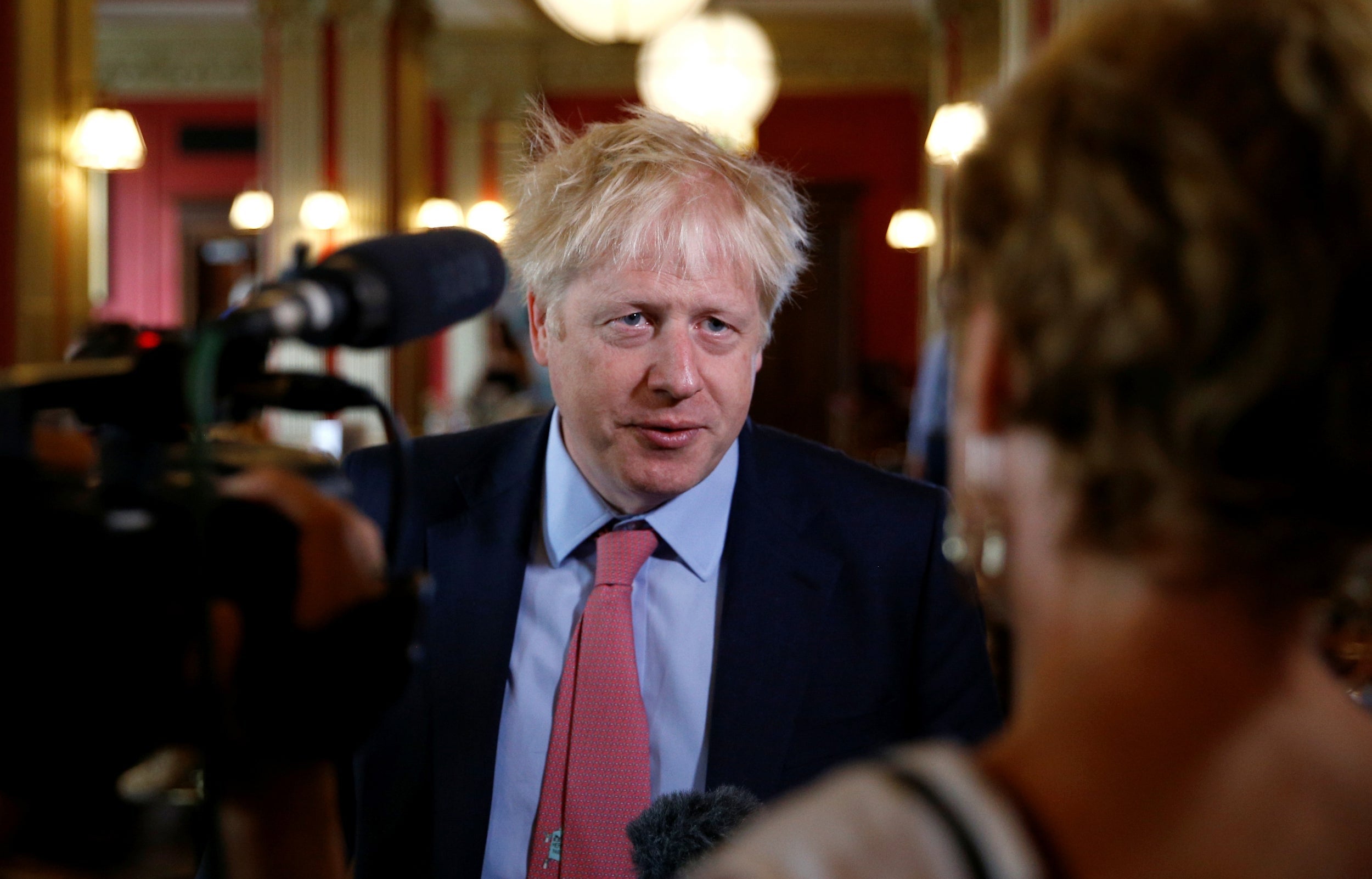Whoever ends up as UK ambassador in Washington will set the tone for a new era
Some would like to see the UK present itself as a nimble commercial competitor to the sluggish EU behemoth


Outsiders might see the tussle over the appointment of a replacement for Sir Kim Darroch as ambassador in Washington as simply an issue of getting the right person for the job.
But in Westminster it is viewed by some as a proxy war over the kind of Britain that will emerge following Brexit.
On the one side is the world of the “global rules-based order” in which the UK gains leverage by its key role in institutions such as the United Nations Security Council, Nato, the Commonwealth and – until now – the European Union.
In that world, the Rolls-Royce machine of the Foreign Office is just what Britain needs, with its ready supply of seasoned career diplomats able to drop a carefully calibrated word into the right ear and draft a subtle change to the wording of a sub-clause to a codicil which advances UK interests without ruffling too many feathers.
If Theresa May succeeds in choosing the new ambassador, this is almost certainly the pool she will choose from. The prime minister never misses an opportunity, when speaking about international affairs, of reaffirming the UK’s commitment to the rules-based order and the belief that the network of multilateral institutions underpin British security and prosperity.
It is a world that is completely foreign to Donald Trump, who has made a habit since entering the White House of exhibiting his scorn for the UN, questioning the value of Nato and pulling the US out of one international accord or another.
For the US president, international relations are much more of a bilateral affair – contacts made country-to-country, or preferably leader-to-leader.
And in this world, the wheeler-dealer is king. Not someone who can broker a compromise and foster co-operation, but someone who can disrupt things, seize an opportunity and get an advantage over a rival.
As a former foreign secretary, Johnson regularly makes his obeisances to the professionalism and integrity of the diplomatic service, who got him out of a scrape or two in his time.
But there is no doubt that many of his supporters are yearning for a more free-and-easy approach to international relations once Brexit is done.
Instead of seeking to hug closely to the European model after withdrawal, they would like to see the UK present itself as a nimble commercial competitor to the sluggish EU behemoth.
They want to see Britain embark on a radical programme of cuts to taxes and red tape to make itself a more attractive destination for investment, all the while poaching business from the continent.
Johnson’s proposal for regional free ports for zero-tariff imports is the kind of idea they believe could transform the UK’s prospects and make the Europeans think twice about their slow-moving consensus-driven system.
And the US will be key to this, with the big trade deal that Johnson wants probably being dependent on a flexible approach to what is possible.
With that in mind, the choice of a political figure and a free-marketeer – probably not Nigel Farage, but maybe George Osborne or Liam Fox – to the Washington embassy could provide a pointer towards the kind of Britain Johnson wants to build.
Yours,
Andrew Woodcock
Political editor
Join our commenting forum
Join thought-provoking conversations, follow other Independent readers and see their replies
Comments